Relief Without Surgery. Relief Without Drugs. Relief That Lasts.
At The Disc Doctor, we specialize in helping patients with herniated discs, bulging discs, sciatica, and neuropathy find real relief — without risky surgery or addictive medications. Our advanced, non-invasive treatments target the root cause of pain so you can get back to living, moving, and thriving.
Welcome to The Disc Doctor
How We Can Help
Living with chronic back pain, neuropathy, or disc problems can feel overwhelming. Many patients are told their only option is surgery, injections, or medications that don’t fix the root cause.

Herniated or Bulging Discs
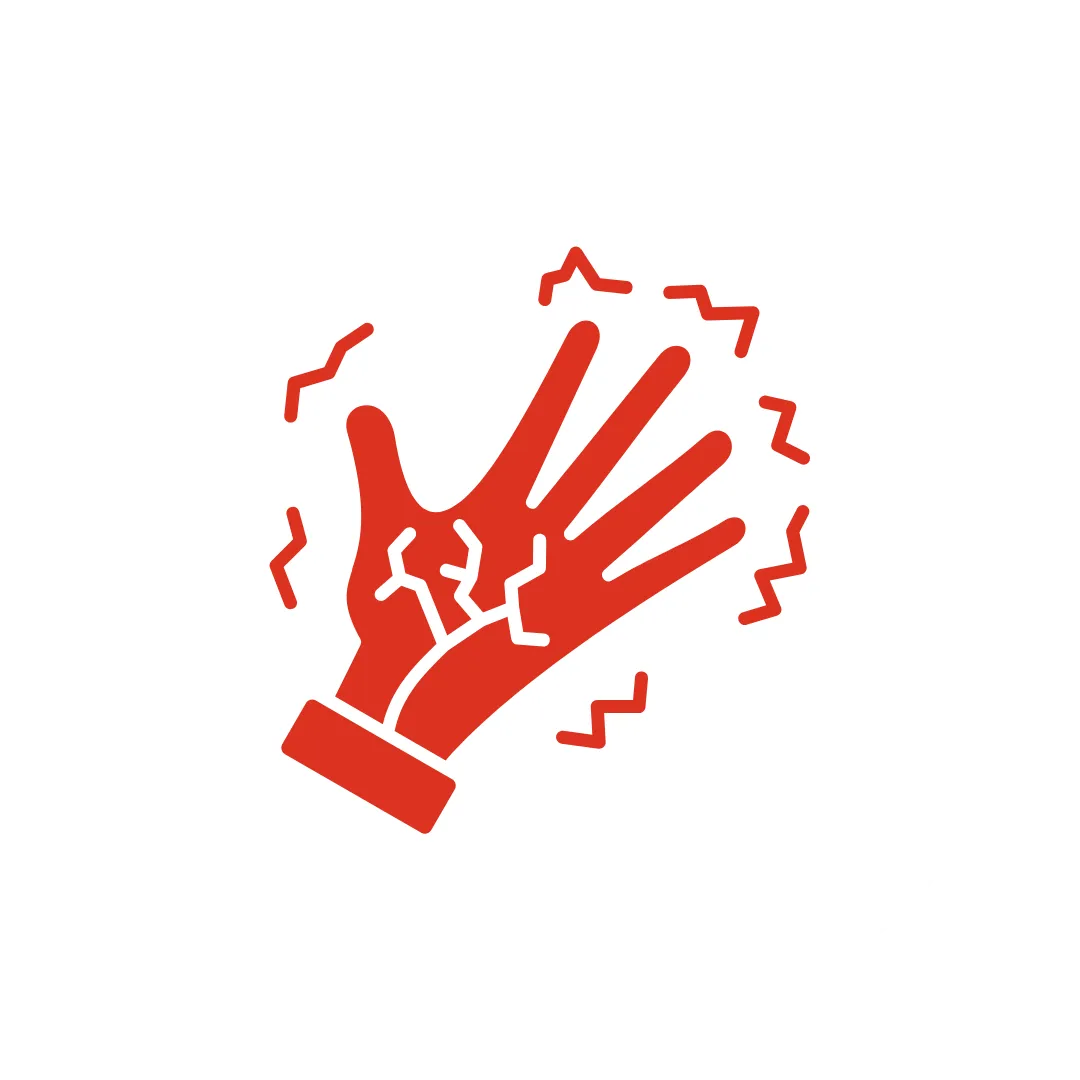
Peripheral Neuropathy
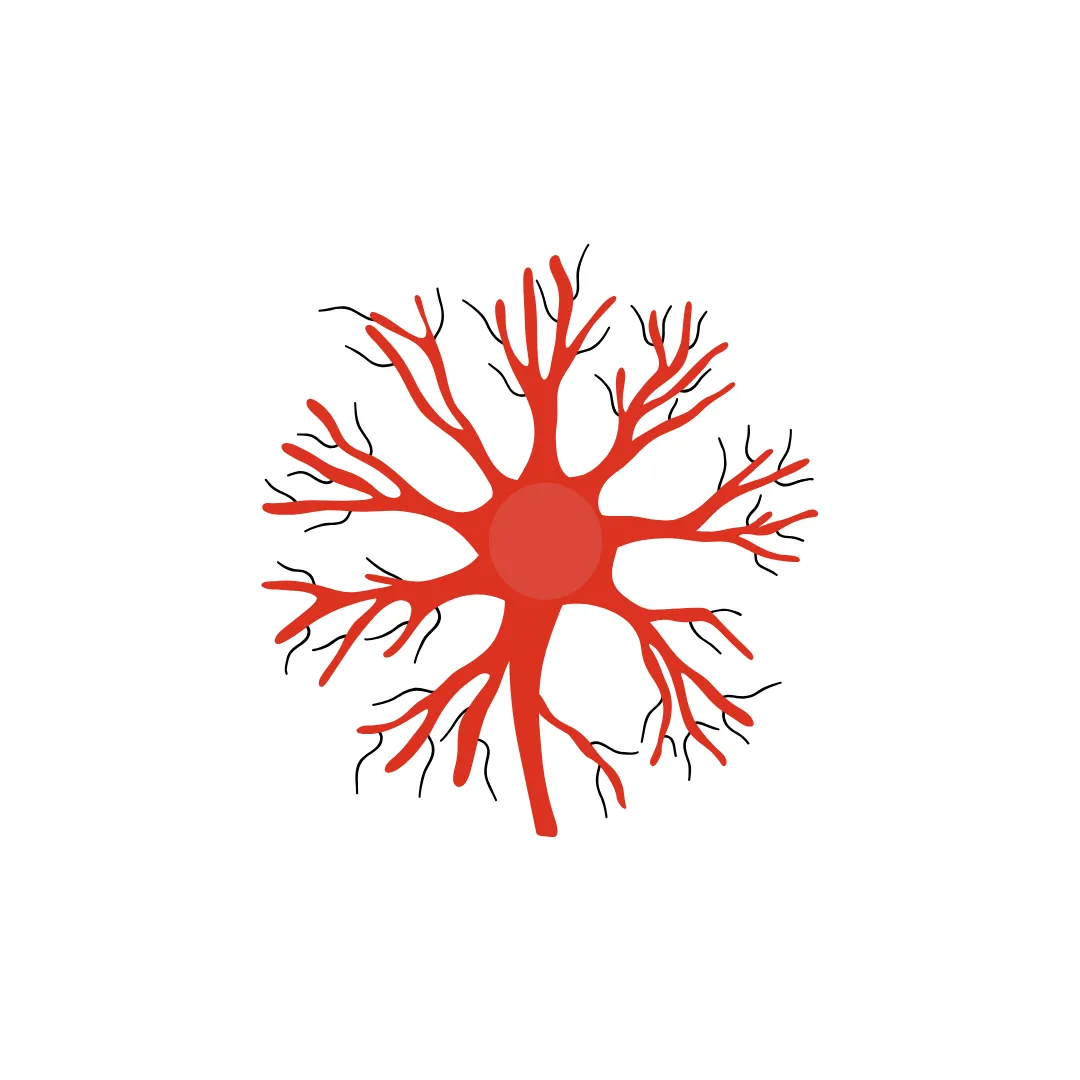
Sciatica and Nerve Pain

Back, Neck, and Joint Pain
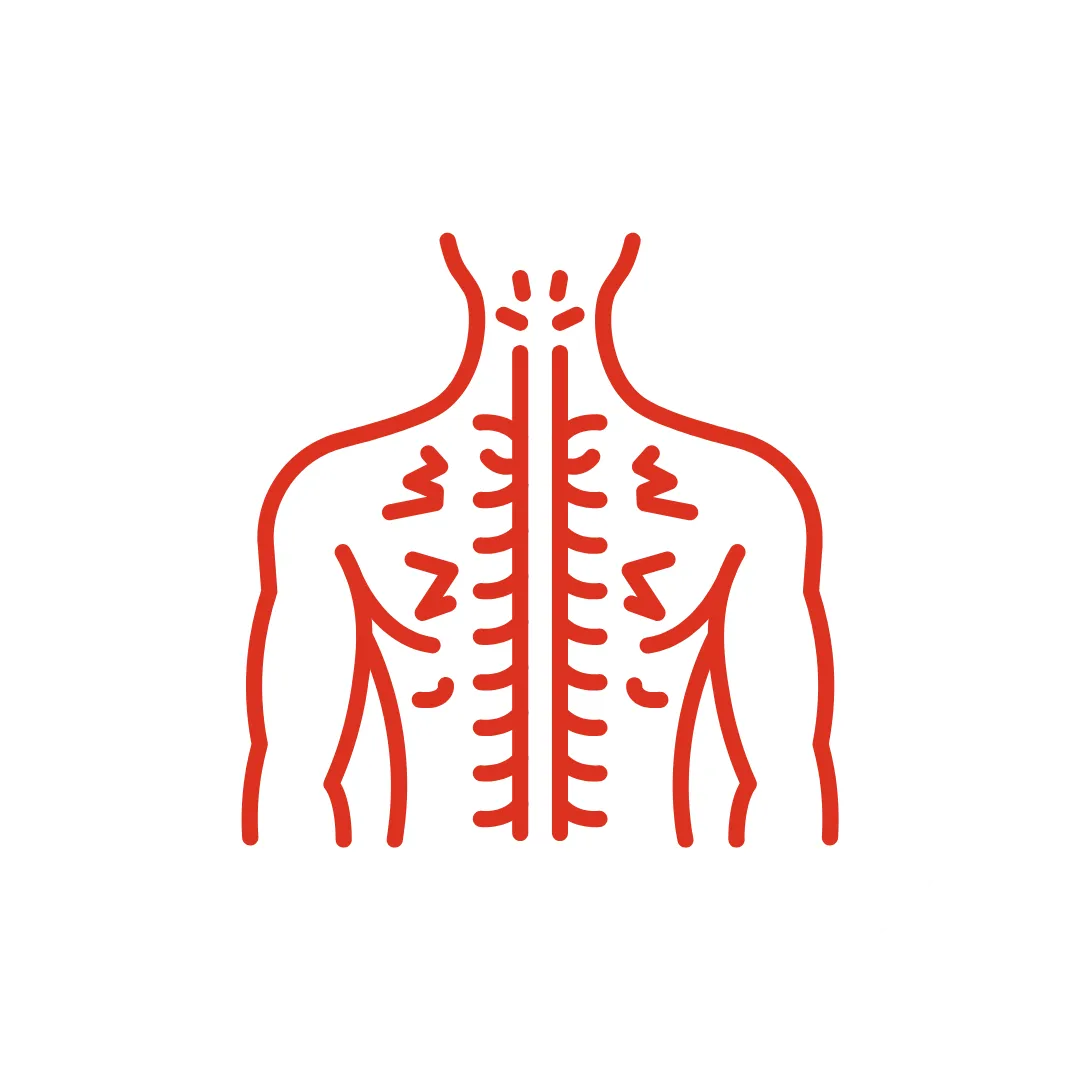
Pinched
Nerves

Pain Stops Here. Real Relief Starts With The Disc Doctor.
Move Better. Live Better.
At The Disc Doctor, we provide relief for the most common and most frustrating spine and nerve conditions. From burning neuropathy and herniated discs to sciatica, joint pain, back and neck pain, and pinched nerves, our treatments focus on correcting the root cause — not just masking symptoms. With advanced, non-surgical therapies, we help patients in Murfreesboro regain mobility, restore function, and live pain-free again.

Treatments & Therapies We Offer
At The Disc Doctor, we don’t just mask pain — we fix what’s causing it. Our advanced, non-surgical therapies are designed to restore function, rebuild strength, and get you moving again without surgery, drugs, or down time. Patients experience faster relief, improved mobility, and long-term results that last.
Safe, non-invasive care that avoids surgery and heavy medications
Faster relief with improved mobility and long-term results
Personalized treatment plans targeting the root cause of pain

Why Most Treatments Fail
Pain medications, injections, and even back surgery often provide only short-term relief because they target symptoms instead of the root cause. Too many patients are told surgery is their only option, yet studies show spinal surgeries frequently fail or lead to new complications. That’s why we take a different approach — one that focuses on restoring function naturally and delivering long-term results without the risks of invasive procedures.
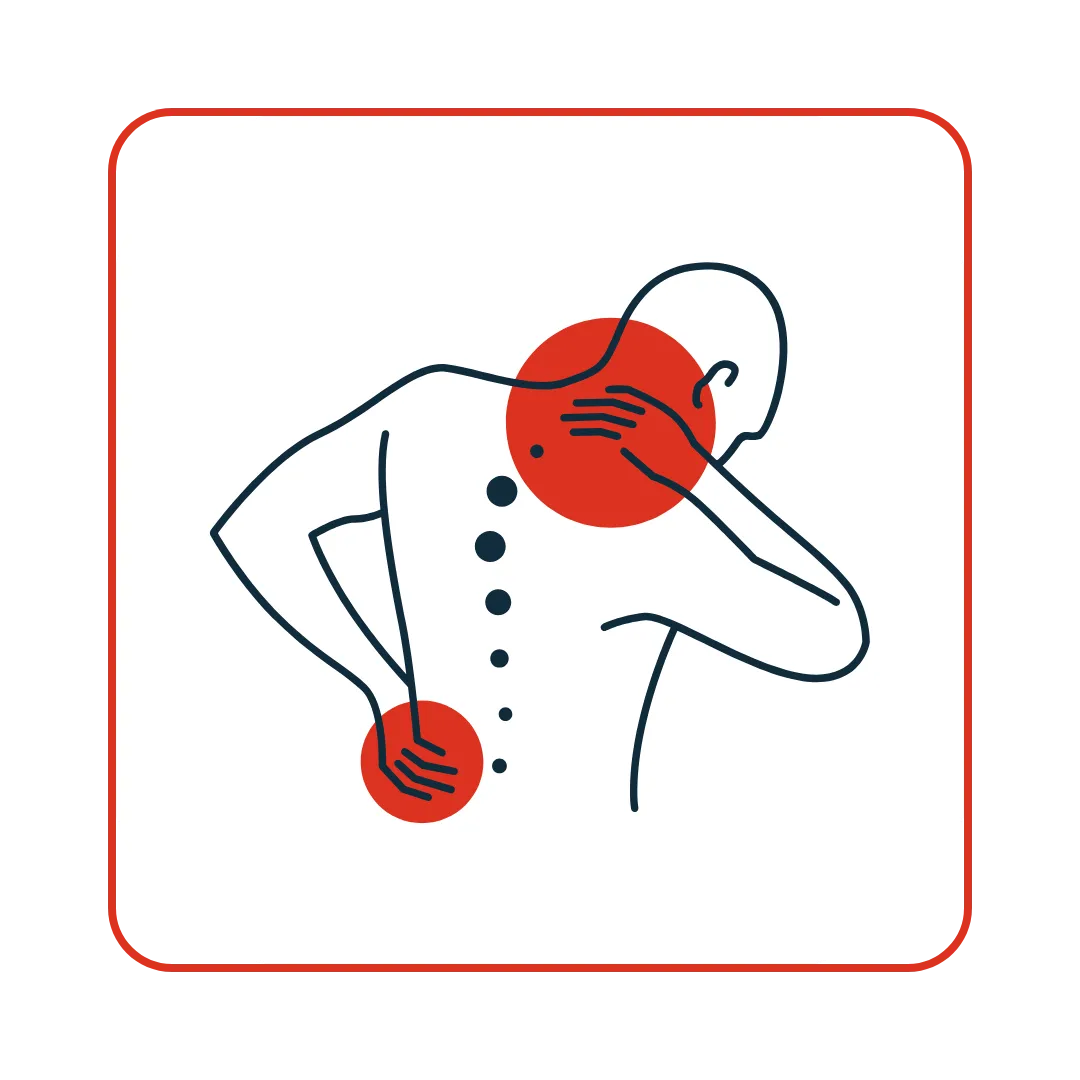
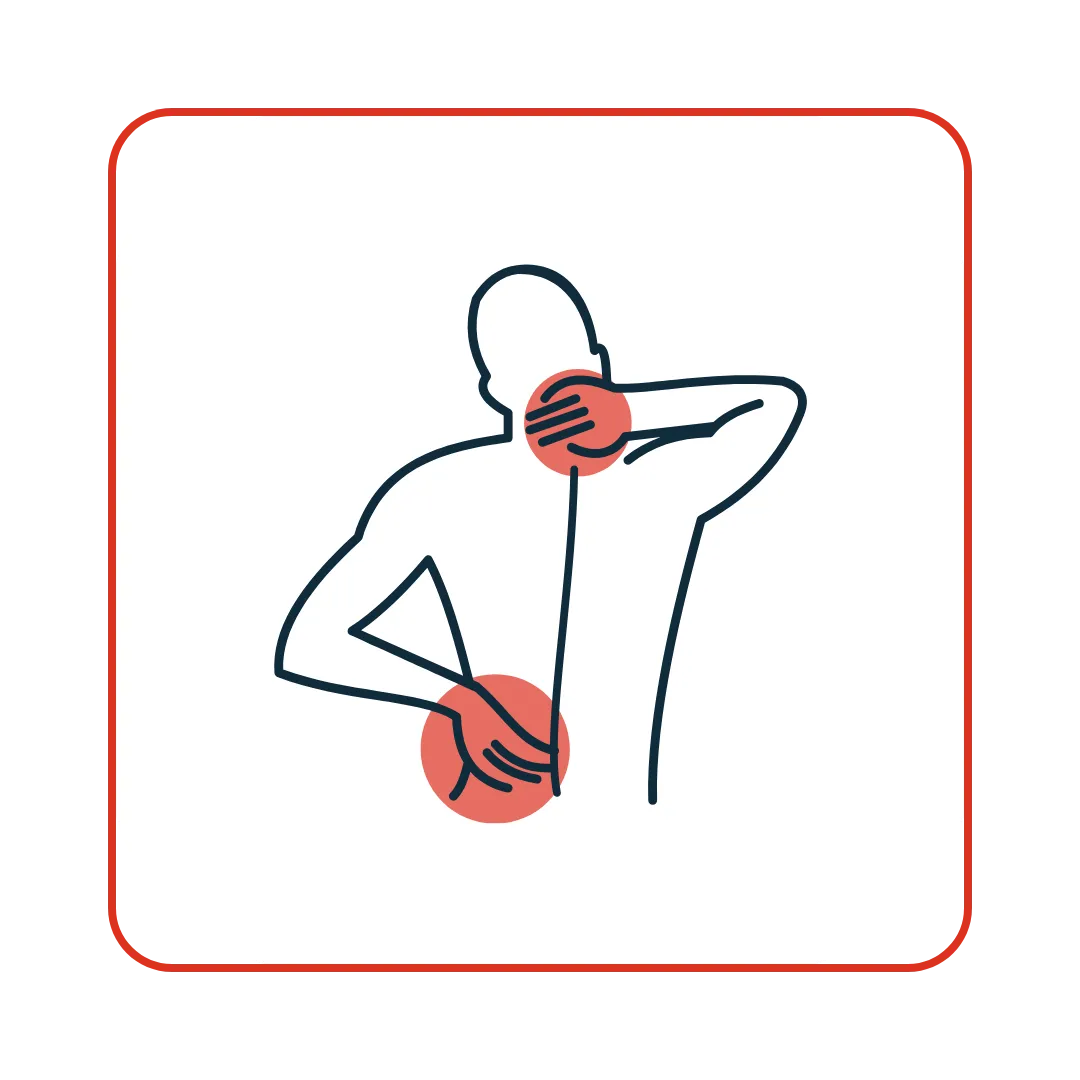
They Only Mask Pain
Medications and injections may reduce discomfort temporarily, but they don’t correct the structural or nerve issues causing the pain — so it usually comes back.
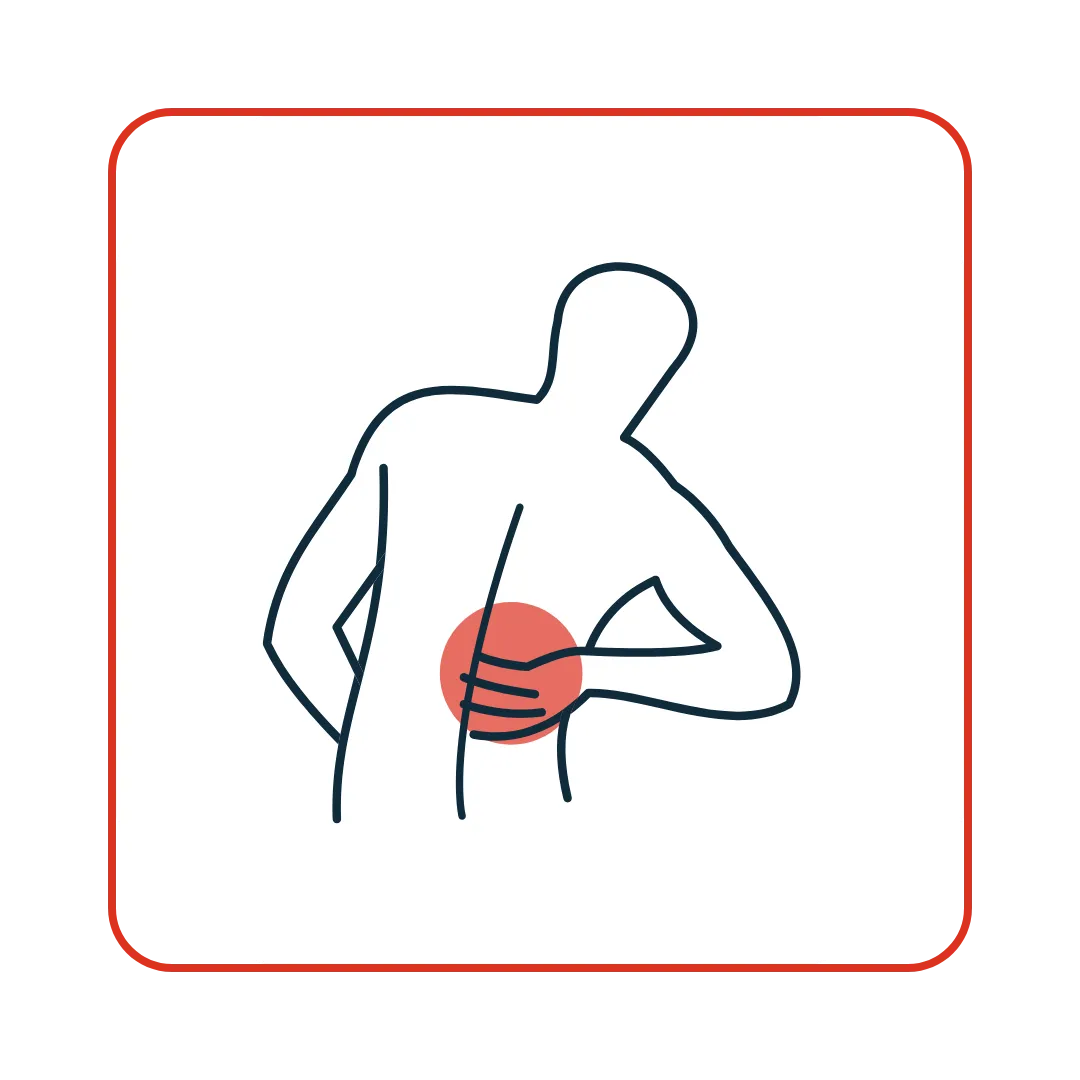
Surgery Creates New Problems
Spinal surgeries often lead to scar tissue development, reduced mobility, or permeant nerve damage. Studies show many patients still experience pain after going under the knife.
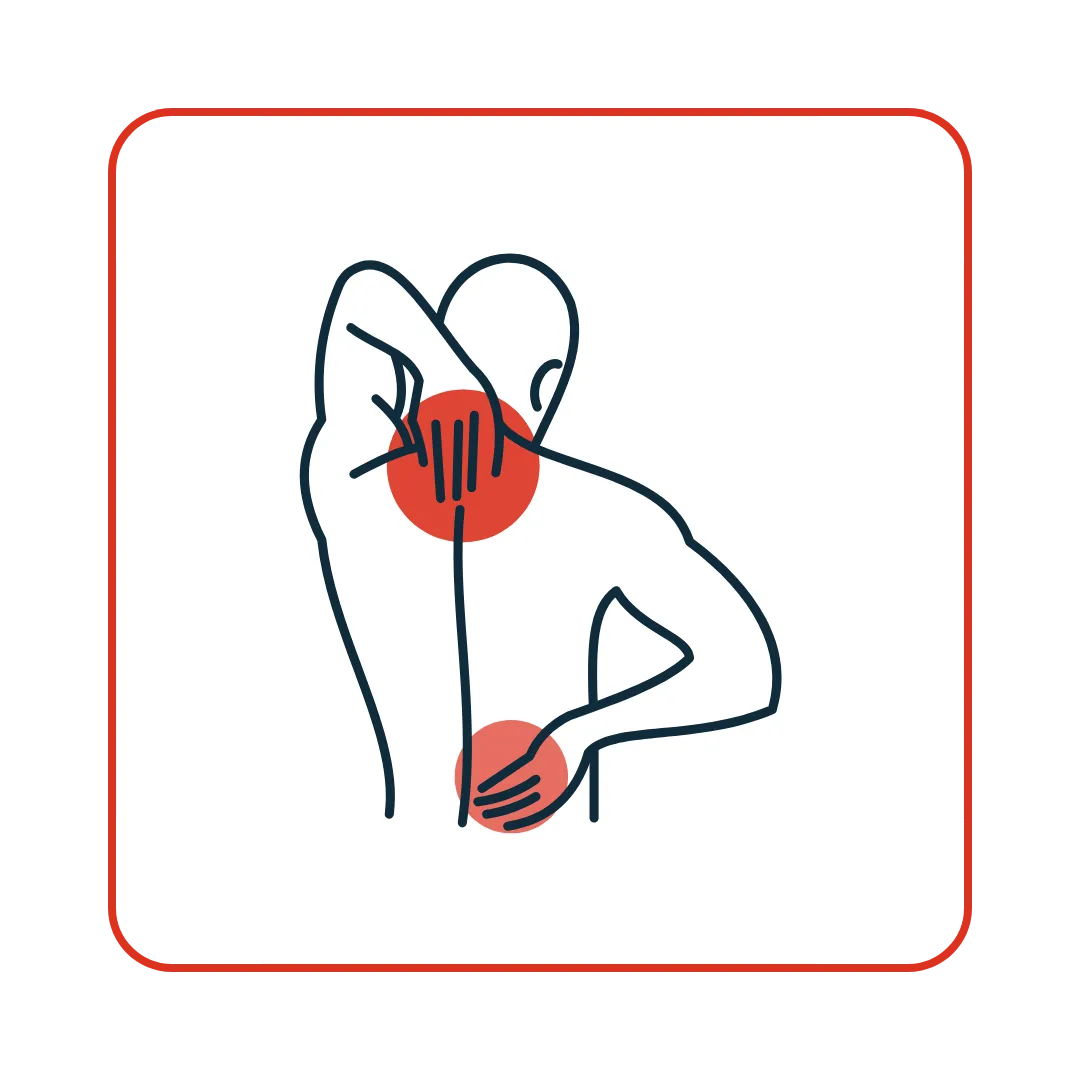
The Root Cause Is Ignored
Most traditional treatments focus on numbing the symptoms, instead of addressing disc damage, nerve compression, or circulation problems — meaning the cycle of pain never truly ends.
Patient Testimonials & Success Stories
Don't take our word for it; take a look at what our life-long patients have to say!

StemWave™ Therapy
Uses focused acoustic waves to stimulate natural healing in damaged tissues, reducing pain and promoting faster recovery.

Nerve Support Therapy
We use, nutritional support, and neuromuscular rehabilitation to heal nerves and restore function.

MARY
Neuropathy Patient
“I was starting to lose my balance because of the numbness and tightness in my toes — it felt like a rubber band was wrapped around them. The pain was worse at night; I’d wake up with shooting pains that made it hard to fall asleep.
My doctor said it was neuropathy, but all he could offer was more medication — and I didn’t want that. When I saw The Disc Doctor’s ad, I thought, ‘Why not try this before going back for more medicine?’
My biggest concern was, ‘Will it work?’ But I told myself, ‘What do I have to lose?’ So I gave it a try.
When I first came in, my nerves were functioning at only 66%. After treatment, they’re now at 92% function. The difference is incredible — the pain is gone, I’m steady on my feet, and I can finally sleep again.
I’m healing from my neuropathy, and it’s truly the best thing that’s ever happened to me. I tell everyone I know: You don’t have to live in pain or rely on medication — there’s a way to heal.”
It’s Time for Real Relief
Let us help you take back your life from pain.
Too many people are told surgery or endless medications are their only options — but that’s simply not true. With advanced, non-surgical treatments designed to target the root cause of back pain, neuropathy, and disc issues, we help patients restore mobility, reduce pain, and get back to living life on their terms.

Reclaim Mobility. Reclaim Freedom.





